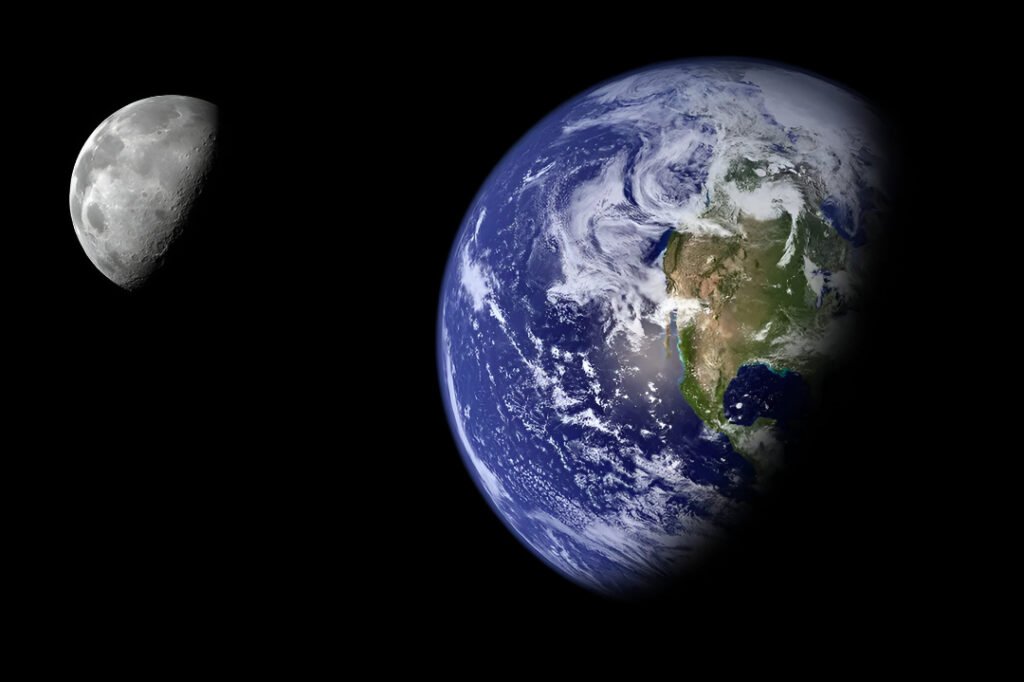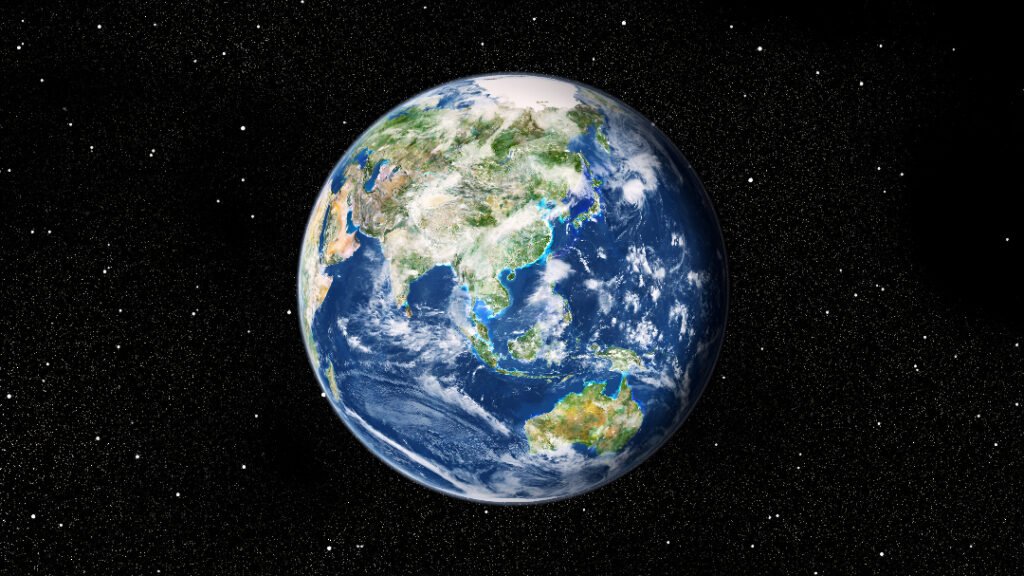
Have you ever felt like the day just flew by? Well, that might not just be in your head. Scientists have reported that Earth is spinning slightly faster than usual, and it’s actually making our days shorter by just a fraction of a millisecond.
Over the next few weeks, on July 9, July 22, and August 5, 2025, the Earth’s rotation will be slightly affected by the position of the moon, losing about 1.3 to 1.51 milliseconds from the standard 24-hour day. Though not perceived in our everyday life, they are compelling instances of how the motion of our planet is never unchanging.
So, what is accelerating the Earth’s spin?
A day on Earth typically takes 86,400 seconds, or precisely 24 hours. Earth’s rotation, however, is not absolutely stable; it is acted upon by a number of external and internal forces. These are the gravitational pulls of the moon and sun, changes in climate, mass distribution on Earth, and even significant natural occurrences such as earthquakes.
In the past, Earth’s rotation has been decelerating. Billions of years ago, when the moon was closer to our planet, a full day was just 19 hours long. As the moon migrated slowly away from Earth, its gravitational force diminished, leaving Earth’s rotation to slow down and make our days longer with the passage of time.
But not everything changes slowly. In 2020, Earth grabbed headlines when scientists measured its quickest spin in decades. And on July 5, 2024, we had the shortest day in recorded history, 1.66 milliseconds shorter than the usual 24 hours.
A Spinning Top in Space

Think of Earth as a top that spins. The more its mass is concentrated toward the axis, the more quickly it will spin. This is why fluctuations in mass distribution, such as melting ice, groundwater movement, or growth of leaves on trees, will slightly change the speed of the planet. In northern hemisphere summers, for instance, trees form leaves, moving some of Earth’s mass higher into the air. It slightly tips the Earth’s balance and makes it spin faster.
Earthquakes, too, can contribute. Japan’s 2011 earthquake is said to have decreased Earth’s day by about 1.8 microseconds. Though minute, such changes indicate just how fragile and dynamic Earth’s systems are.
Why Does This Matter?
Though milliseconds may sound insignificant, scientists keep a close eye on such changes as they impact GPS technology, satellite communications, and clocks. Astronomical time and atomic clocks must remain synchronized, and even slight differences are needed to make adjustments, such as adding a “leap second.
In short, our world is an intricate, dynamic system influenced by a mix of space physics, climatic fluctuations, and natural phenomena. The next time your day feels notably brief, just think about it: Earth may be rotating ever-so-slightly quicker than normal.
One thing is certain: even our so-called “constant” 24-hour day isn’t constant at all. Earth has its own beat, and it’s always dancing to nature’s rhythm.







